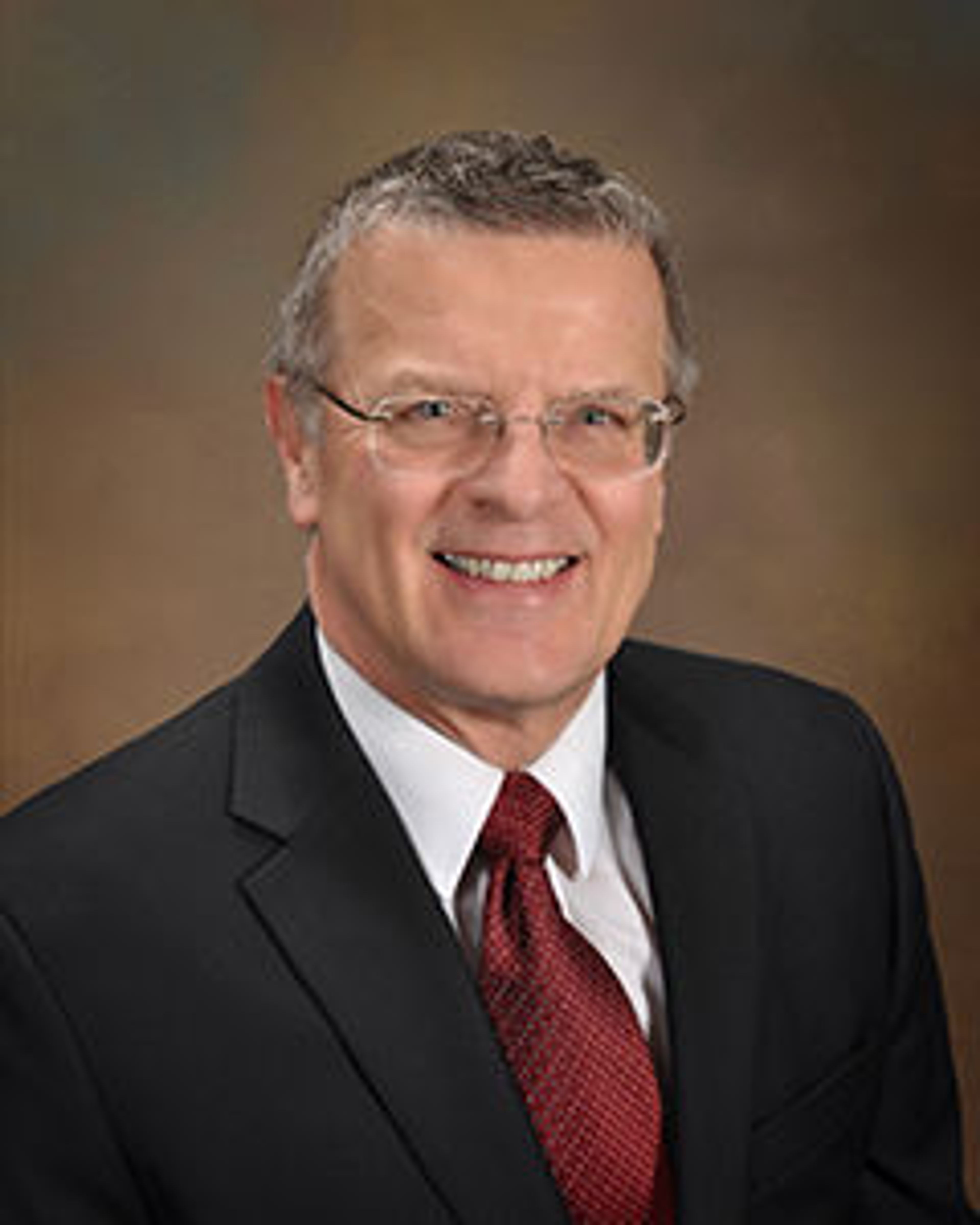A recent article published in the Daily News displayed a front-page, above-the-fold headline proclaiming that “Moscow property taxes expected to rise 25 percent next year.” The article was a report on the Moscow City Council budget workshop which took place July 8. The reporter did an admirable job of interpreting some pretty complex tax laws, but it was the headline that drew all of the attention.
While technically accurate, the focus on the overall number could serve to mislead the public regarding the proposed Moscow budget because it mixes a long-term, voter-approved capital projects bond with the city’s annual operating budget for the upcoming year.
Regarding the city’s annual operating budget, Moscow receives approximately 26 cents from each dollar of property taxes collected from city residents. The remaining 74 cents is shared among Moscow School District, Latah County, North Latah Highway District, Latah County Free Library District and Moscow Cemetery District.
Idaho law provides that any local government debt that extends beyond one budget year must be approved by a supermajority (66 2/3 percent) of voters. On May 21, Moscow voters approved $9,640,000 for the construction of a new police station and remodeling of two other city buildings. The bond received 69-percent approval, and will be repaid by the voter-approved property tax increase over 10 years, in a manner which is similar to a home mortgage.
The annual bond payments will increase the city’s share of property taxes by approximately $1.1 million per year. This voter-approved bond levy accounts for 19 percent of the reported property tax increase. After 10 years, that tax increase goes away. These bond proceeds may only be used for construction of the police station and remodel of the buildings. The bond does not support the city’s operating budget.
Further, under Idaho law, annual property taxes can only be increased by up to 3 percent per year, subject to two exceptions. One of those exceptions is the voter-approved general obligation bond described above.
If a city has not levied the allowable 3 percent in past years, the other exception allows that city to collect those taxes that were authorized but not taken in those past years. This is referred to as the “foregone amount.” Moscow budgets are conservative, and in many past years the City Council has levied less than the full 3 percent authorized by law. However, to support proposed city projects or operations, a city council can choose to levy some or all of the foregone amount.
Traditionally the City Council has only tapped portions of the foregone amount to meet extraordinary expenses. In the past, these have included support of the operational costs of the Hamilton Indoor Recreation Center, the funding of two additional police officer positions after grant funding ran out, and to provide the city’s share of needed funds to match FAA grants for the Pullman-Moscow airport runway realignment project.
This year, the city conducted a comprehensive review of police salaries, which revealed that our police officers were paid less than many of their regional peers. As the police department was faced with six officer vacancies (16 percent of the police force), it has been an uphill battle to attract the quality officer candidates our community deserves and has come to expect. In order to fund competitive police salaries, the city is proposing to take 3.5 percent additional property taxes from the foregone amount. It is necessary to have a continuing source of funding for ongoing salaries, and tax revenues provide that continuing revenue source.
Adding the annual allowable property tax increase to the foregone amount equals an increase in the city’s operating budget of 6.5 percent. That 6.5 percent is applied only to the city’s 26-percent share of the local property tax dollar. Likewise, the 19-percent bond increase is applied only to the city’s 26-percent share of the local property tax dollar.
I do not pretend that this increase is not significant. In my opinion, any tax increase is significant and needs to be justified to the taxpayers. In this case, the majority of the increase is the result of direct voter authorization, and the balance is necessary to assure the quality of services the city provides.
Bill Lambert is the mayor of Moscow.








